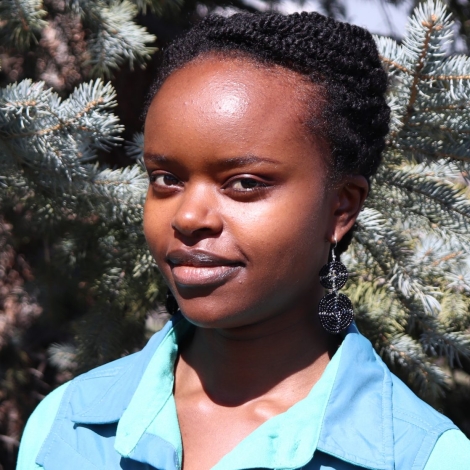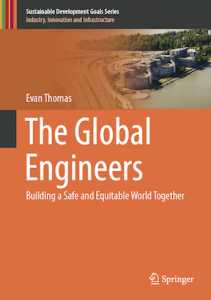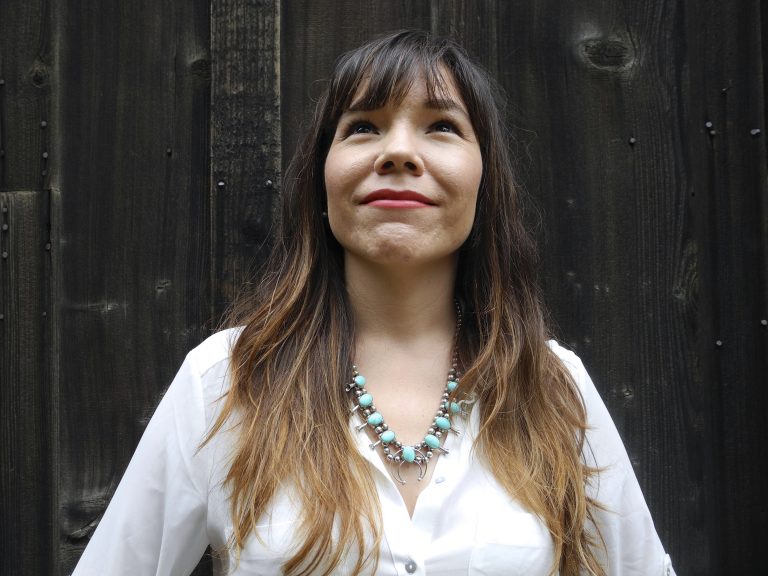Engineering for Change invites Dr. Evan Thomas, Director of the Mortenson Center in Global Engineering at the University of Colorado Boulder, to share a new series called Profiles in Global Engineering. The profiles are interviews with engineers working in global development, each adapted from Dr. Thomas’ book, The Global Engineers: Building a Safe and Equitable World Together.
As a child, Chantal Iribagiza witnessed the impact of workers with the Dutch foreign aid agency SNV who built homes where she lived in Rusizi in southwest Rwanda. Their work inspired her to pursue a career in global development. Ms. Iribagiza earned an undergraduate degree in engineering at the University of Rwanda College of Science and Technology, and a graduate degree in environmental engineering at Portland State University. She has worked with the international non-profit organization Living Water International and served as a consultant to the Water Practice at the World Bank. Ms. Iribagiza is now a PhD candidate in environmental engineering at the University of Colorado Boulder.
Working with CU, Ms. Iribagiza has pioneered the use and development of remote sensors for monitoring water infrastructure. The installation of satellite and mobile-connected sensors on rural electric pumps is improving maintenance and speeding response times for repairs.
Dr. Evan Thomas asks Ms. Iribagiza five questions.
ET: What was it about SNV’s work that inspired you as a child?
CI: SNV was helping thousands of homeless widows and orphans in Rusizi get back on their feet after the genocide. The houses that SNV was helping build were more than just homes, they were a sign that things would get better and life would go on. SNV was helping restore hope in times of dire need, and that struck me as very important work.
ET: What led you to study engineering?
CI: My decision to become an engineer started when I was 15 years old. That is when you get to choose a specialty, after finishing the part of secondary school where you learn everything: geography, history, humanities, and science. I was good at Math and Physics and I had just received an award that boosted my confidence around those subjects. [The award is Best Performing Girl in “O” Level, presented by the Imbuto Foundation, an initiative of First Lady Janet Kagame.] So, I decided to focus on them for the rest of secondary school, and from there it was clear to me that the next thing would be to study engineering. It was also my belief at the time, that engineering offers better employment opportunities.
ET: You completed your engineering degree at the Kigali Institute of Science and Technology (now called the University of Rwanda College of Science and Technology). How would you describe the experience as a woman in an engineering major?
CI: There were more women in my program at KIST than at the universities here in the United States. It is true that more work needs to be done to ensure gender equality and equity in Rwanda and around the world, but it is also true that more needs to be done to uproot misconceptions about what it means to be a woman in a low-income country. Without an understanding of what the challenges are, one risks to cause more harm than good, thinking that they are helping.
ET: In rural sub-Saharan Africa, where hand pumps are a common technology, 10-67 percent of improved water sources are non-functional at any one time, and many never be repaired. The problem may stem from management deficiencies and aid models. In a typical aid model, international donors support pump installation while local villages remain responsible for operations and maintenance. The reality is that small communities are often poorly equipped to manage water supplies, and aid organizations are not prepared to pay for repair costs. Is there a solution?
CI: This typical model is not sustainable. Someone needs to be laying out a long-term plan for these facilities, making sure there are funds for maintenance and ensuring that there is supply chain and technical competency that allow for them to be serviced when needed.
ET: What do you need to ensure that your work makes a positive impact?
CI: I believe that with the right mindsets, open and genuine collaboration among all parties involved, transparency and accountability, development professionals can make a difference.



Would like to connect with Chantal Iribagiza as we have deployed and got approvals from Rwandan water department WASAC for our natural water purifiers. http://www.watsan.in. Thanks in advance